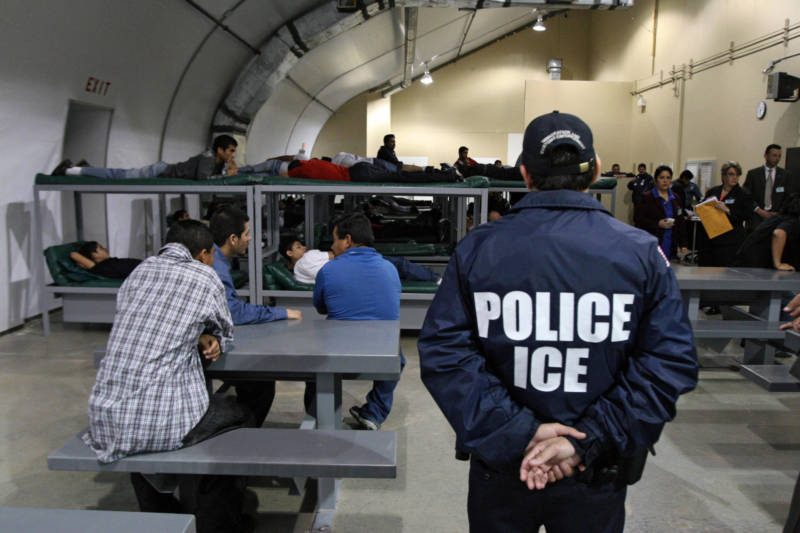Maria has been a legal permanent resident of the United States for decades. She was born in Mexico but has lived in Contra Costa County since she was 6 years old. She's a grandmother now. California is the only home she knows, but now she's afraid she could be deported.
Back in 2006, Maria was convicted of drug possession. What she didn't realize is that a criminal conviction -- even for a nonviolent offense -- can make a legal immigrant deportable, and the consequences can come many years later. (That's why she has asked that we not use her last name.)
“I didn’t know that me making a mistake was going to be in any way handled differently from a U.S. citizen,” Maria said recently.
In fact, her conviction puts her among those prioritized for removal from the country by President Donald Trump’s recent executive order on immigration. Many legal California residents as well as undocumented immigrants may face deportation under the order. While the total number of immigrants with criminal histories in California isn’t tracked, the state is home to more than 10 million immigrants.
"Anybody in the United States who is not a citizen can face stark, stark consequences for even seemingly minor criminal contact," said Ali Saidi, an immigration attorney with the Contra Costa County Public Defender's Office.
